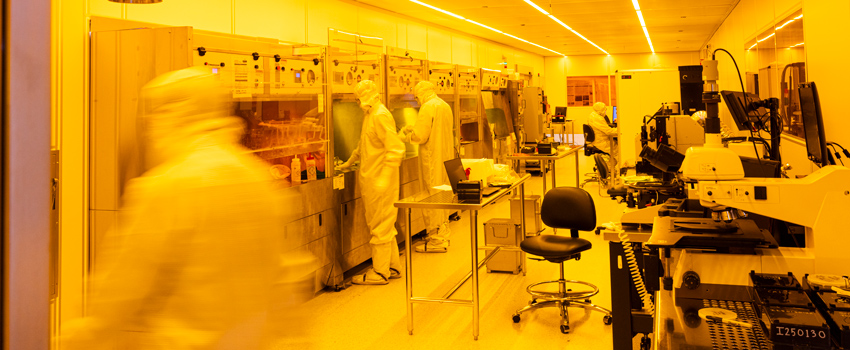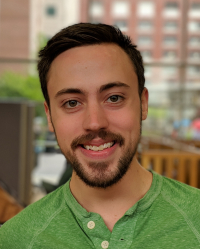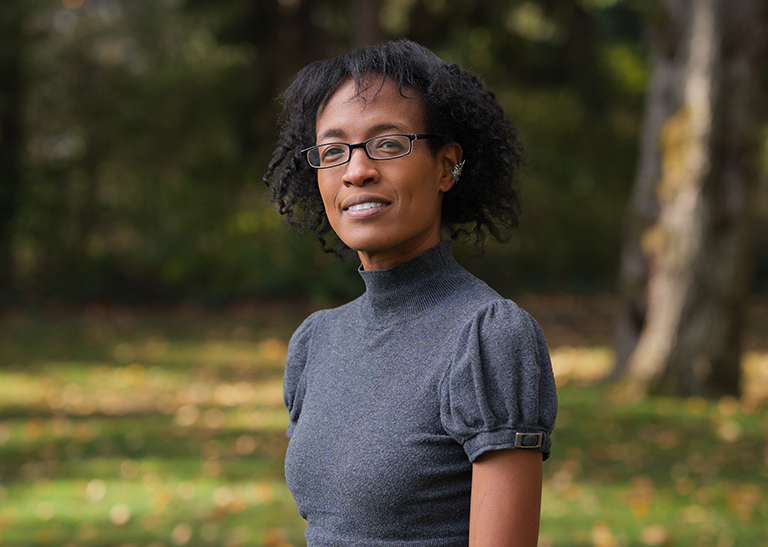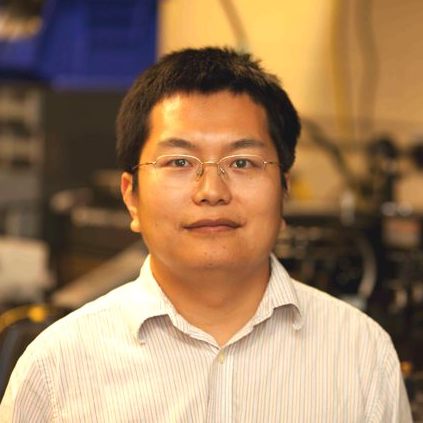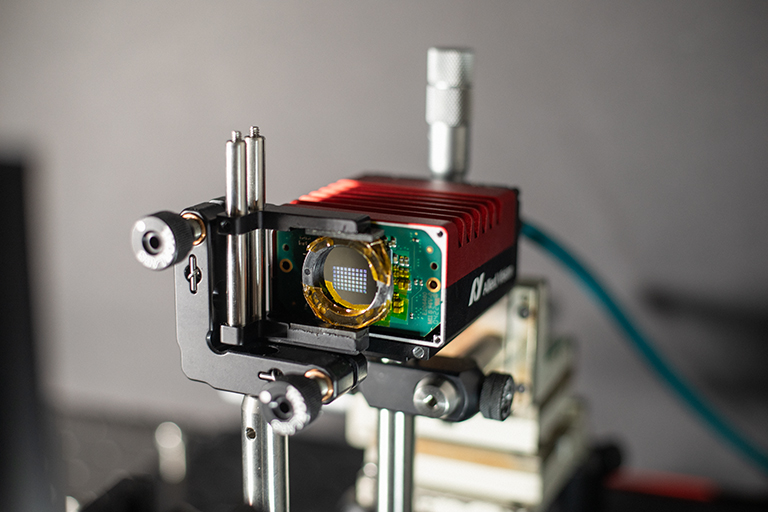The University of Washington’s Institute for Nano-Engineered Systems (NanoES) awarded Electrical & Computer Engineering Ph.D. student Nicholas Yama its 2025 Student Achievement Award. Yama was recognized at the NanoES Symposium on May 8.
Nicholas Yama wins 2025 UW NanoES Student Achievement Award for his work in quantum information applications




